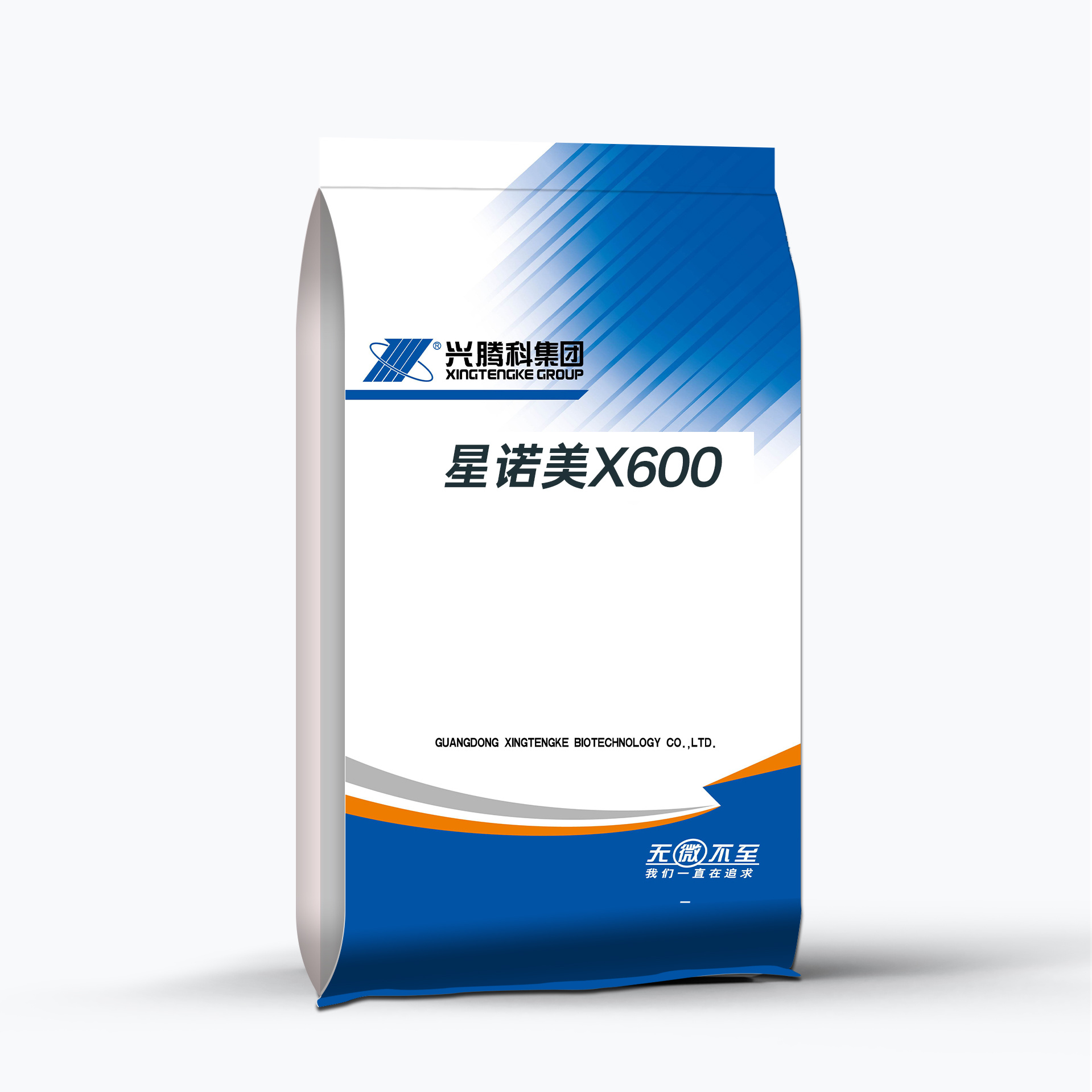Essential Benefits of Trace Mineral Premix in Poultry Farming
Release time:
2025-11-18 13:20
Source:
Essential Benefits of Trace Mineral Premix in Poultry Farming
Poultry farming is a complex industry that requires careful management and attention to detail. Among various factors that contribute to the success of poultry production, the significance of trace minerals cannot be overstated. **Trace mineral premixes** are a crucial component in poultry diets, providing essential nutrients that play a vital role in the overall health and productivity of the birds. In this comprehensive article, we will explore the essential benefits of trace mineral premix in poultry farming, its impact on animal health, growth performance, and overall farm profitability.
Table of Contents
- Understanding Trace Minerals in Poultry Nutrition
- Importance of Trace Minerals for Poultry
- Key Trace Minerals in Poultry Premix
- Benefits of Using Trace Mineral Premix
- Impact on Poultry Health and Immunity
- Enhancing Growth Performance through Trace Minerals
- Improving Feed Efficiency and Cost Reduction
- Trace Mineral Supplementation Strategies
- Conclusion
- FAQs
Understanding Trace Minerals in Poultry Nutrition
Trace minerals are essential elements required in small amounts for optimal physiological functions in poultry. These minerals include zinc, manganese, copper, selenium, and iodine, among others. Despite their small dietary requirements, trace minerals play a **critical role** in various metabolic processes, enzyme function, and overall poultry health. Understanding their role can significantly enhance the effectiveness of poultry diets.
Importance of Trace Minerals for Poultry
The importance of trace minerals in poultry farming cannot be overlooked. These minerals are vital for several physiological functions, including:
1. Enzyme Activity
Trace minerals act as cofactors for numerous enzymes involved in metabolic pathways. They facilitate biochemical reactions, ensuring that energy production and nutrient assimilation occur efficiently.
2. Immune Function
A well-functioning immune system is crucial for poultry health. Adequate trace mineral levels support immune responses, helping birds resist infections and diseases.
3. Reproductive Performance
Trace minerals have a direct impact on reproductive health in poultry. Proper supplementation can enhance egg production, fertility rates, and hatchability, leading to improved productivity.
Key Trace Minerals in Poultry Premix
Several trace minerals are particularly important in the diet of poultry. A well-formulated trace mineral premix will typically include:
Zinc
Zinc is essential for growth, development, and reproduction. It plays a pivotal role in protein synthesis and supports immune function.
Manganese
Manganese is crucial for bone development, enzyme function, and reproductive health. It is involved in the synthesis of cartilage and bone, helping to strengthen the skeletal structure of growing birds.
Copper
Copper supports iron metabolism and is essential for hemoglobin formation, which is vital for oxygen transport in the body.
Selenium
Selenium acts as an antioxidant, protecting cells from oxidative stress. It enhances immune responses and plays a role in thyroid function.
Iodine
Iodine is essential for thyroid hormone production, which regulates metabolism and growth in poultry.
Benefits of Using Trace Mineral Premix
Incorporating a high-quality trace mineral premix into poultry diets brings numerous advantages:
1. Enhanced Nutritional Balance
A well-structured trace mineral premix ensures a balanced intake of essential nutrients, reducing the risk of deficiencies that can impair growth and health.
2. Improved Overall Health
Supplementing with trace minerals helps maintain optimal health by supporting metabolic functions, enhancing immune responses, and preventing diseases.
3. Increased Meat and Egg Production
Adding trace minerals to poultry diets correlates with improved meat quality and egg production, leading to higher yields and profitability for farmers.
Impact on Poultry Health and Immunity
The health of poultry is paramount to a successful farming operation. Trace minerals have a significant impact on overall health and immunity:
1. Disease Resistance
By bolstering the immune system, trace minerals help poultry better resist diseases, reducing mortality rates and the need for antibiotics.
2. Stress Resistance
Poultry often faces various stressors, including environmental changes and handling. Adequate trace mineral levels can enhance stress tolerance, leading to healthier birds.
Enhancing Growth Performance through Trace Minerals
Growth performance is a critical factor in poultry production. Trace minerals contribute to:
1. Optimal Feed Conversion
Trace minerals improve feed conversion rates by enhancing nutrient absorption and utilization, leading to faster growth and reduced feed costs per unit of weight gain.
2. Weight Gain and Growth Rate
Studies have shown that poultry receiving appropriate trace mineral supplementation experience improved weight gain and overall growth rates, leading to more efficient production cycles.
Improving Feed Efficiency and Cost Reduction
Cost management is vital for profitability in poultry farming. Utilizing trace mineral premixes can lead to significant cost savings:
1. Reduced Feed Waste
By improving nutrient absorption and metabolism, trace minerals help minimize feed waste, making feed more efficient.
2. Lower Veterinary Costs
Enhanced health and immunity reduce the prevalence of diseases, thereby decreasing veterinary costs and the need for medication.
Trace Mineral Supplementation Strategies
To effectively implement trace mineral premixes in poultry farming, consider the following strategies:
1. Tailored Formulations
Work with nutritionists to create tailored mineral formulations that meet the specific needs of your poultry based on their age, production stage, and environmental conditions.
2. Regular Monitoring
Conduct regular health assessments and blood tests to monitor trace mineral levels in poultry and adjust supplementation as necessary for optimal performance.
3. Quality Control
Ensure that the trace mineral premix is sourced from reputable suppliers to guarantee quality, bioavailability, and efficacy.
Conclusion
In summary, incorporating trace mineral premixes into poultry diets presents a multitude of benefits that enhance the overall health, growth performance, and productivity of poultry. By ensuring a balanced intake of essential trace minerals, poultry farmers can improve disease resistance, optimize feed efficiency, and ultimately increase profitability. Investing in high-quality trace mineral premixes is not merely a choice but a strategic decision for sustainable poultry farming.
FAQs
1. What are trace minerals, and why are they important for poultry?
Trace minerals are essential nutrients required in small quantities for physiological functions. They are vital for growth, immune function, and overall health in poultry.
2. How can trace mineral premixes affect poultry production?
Trace mineral premixes enhance poultry health, improve growth rates, increase egg production, and boost meat quality, leading to higher overall productivity.
3. Are there specific trace minerals that are more important than others?
While all trace minerals play crucial roles, zinc, manganese, copper, selenium, and iodine are particularly significant for poultry health and performance.
4. How can I ensure my poultry receives adequate trace minerals?
Work with nutritionists to formulate balanced diets, conduct regular health assessments, and monitor mineral levels to ensure proper supplementation.
5. Can trace minerals help reduce disease in poultry?
Yes, adequate trace mineral levels can enhance immune responses, making poultry more resistant to diseases and reducing the need for antibiotics.
trace mineral premix for poultry farming








